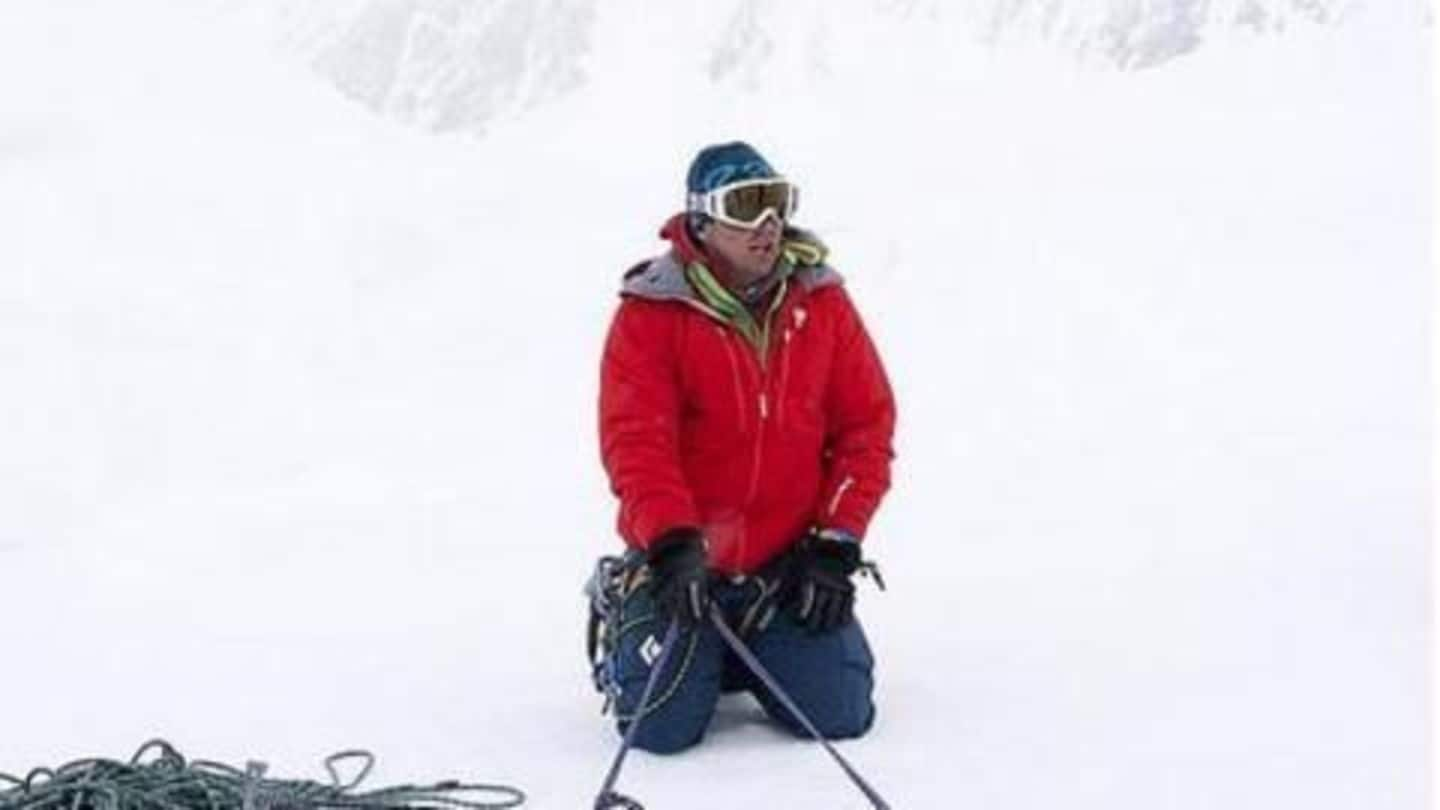
"Antarcticans" gather at the National Polar Science Seminar
What's the story
At a conference in Sada, nestled in the quiet town of Vasco in Goa, gathered a congregation of "Antarcticans", a term used for people who have explored the desolate continent. It was here, at the National Polar Science Seminar 2017, that we got a glimpse into what it's like to be an Antarctican through the experiences shared by these people.
Quote
Working in Antarctica is a "unique experience"
"There are Antarcticans and there are veterans of Antarctica. Going and working there is a unique experience," said Dr. Shailendra Saini, a veteran who has been to Antarctica seven times since 2002, and has led four expeditions there.
Antarcticans
A brief overview of the community
The community of Antarcticans is about 5,000 strong where national boundaries and national identities diffuse into something much greater. Though minuscule in numbers, the community is comprised of physically and mentally durable individuals with an passion for exploration and scientific knowledge. Although Antarcticans were mostly male initially, the number of females in the group has been rising steadily over the recent years.
Quote
There is no space for male chauvinism in science
"Of course, chivalry happens, but there is no male chauvinism. We are all scientists and we treat each other as one - not as a man or a woman," said Gautami Samui, a research scientist at NCAOR who was part of two missions.
Characteristics
General personality traits of Antarcticans
The Antarctican community was described as a community of sincere, calm, hardworking, and dutiful individuals. Without these characteristics, it was said, that it would be impossible to survive the harsh conditions of the continent. Another aspect which Antarcticans have to deal with while on missions is the intense alienation and to remain sane, they must have tremendous resolve and mental strength.
Quote
Mental strength is the most important factor
"Physical tests are important, but more important is the mental strength of a candidate," said Dr. Mahesh, a paleoclimatologist and leader of the last expedition to Antarctica.
Research initiatives
Studying climate change
A large chunk of current research projects being undertaken by Antarcticans involve studying climate change by looking for signs of change. Such research involves looking for signs of previous eras for comparative study, and for understanding how badly humans have altered the planet. Antarctica is considered to be one of the best spots for studying climate change because it's relatively untouched by human activity.
Quote
Methods of tracing climate change
"There are so many methods...Tree rings are high definition records of an era. Or we could look at lake beds, ocean platforms, and the polar regions. Trapped in sea beds and ice shelves are traces of weather of millions of years," said Dr. Mahesh.
Indian Antarcticans
India's chunk in the Antarctican community
India has its fair share of Antarcticans, being engaged with the continent since 1981. With two stations - Bharati and Maitri - in Antarctica, India ranks among the top 10 countries out of the 53 engaged with the South Pole. India's relationship with Antarctica is about to get even more intimate with the upcoming Rs. 1000 crore Polar Research Vehicle, the new base Maitri-2.